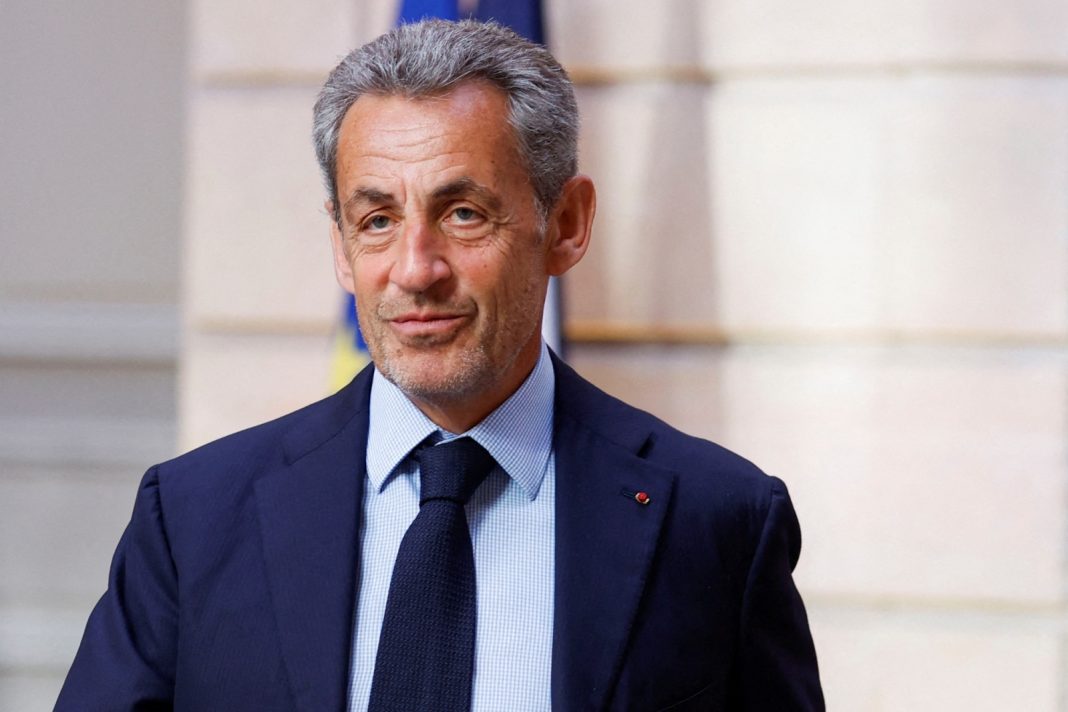PARIS, France — A Paris court on Thursday, September 25, 2025, sentenced Nicolas Sarkozy, the former French president, to five years in prison after convicting him of criminal conspiracy over allegations that his 2007 election campaign was financed with funds from Libya’s late leader, Muammar Gaddafi.
The verdict marks a historic first: Sarkozy, 70, becomes the first modern French president to receive a custodial sentence following a corruption trial.
The court also ordered him to pay a €100,000 fine and ruled that he remain in detention despite his plans to appeal.
Prosecutors accused Sarkozy of forming a criminal association between 2005 and 2007 to obtain millions of euros from Gaddafi’s regime in exchange for diplomatic favours.
While he was cleared of three other charges — including passive corruption, illegal campaign financing, and concealing the embezzlement of public funds — the court found the evidence sufficient to convict him on conspiracy.
The former president denounced the ruling in a defiant statement, insisting on his innocence.
“If they absolutely want me to sleep in prison, I will sleep in prison. But with my head held high. I am innocent. This injustice is a scandal,” Sarkozy said.
He appealed to the French public to see the judgment as politically motivated.
“I ask the French people — whether they voted for me or not, whether they support me or not — to grasp what has just happened. Hatred truly knows no bounds.”
This is not Sarkozy’s first conviction.
In 2021, he was handed a one-year sentence for corruption, becoming the first French leader since World War II to face jail.
That term was served at home under electronic surveillance before he was granted conditional release.
The case has drawn intense scrutiny in France and abroad, touching on questions of political financing, foreign influence, and the conduct of leaders at the highest levels of power.
Sarkozy, who led France from 2007 to 2012, has long denied receiving illicit campaign funds.
His legal team is expected to file an appeal immediately, which could delay the enforcement of the prison sentence.







![Honouring a Rare Soul: Celebrating the Life of AVM Terry Omatsola Okorodudu [MUST READ] Air Vice Marshal Terry Omatsola Okorodudu](https://www.thetrentonline.com/wp-content/uploads/2026/01/Joan-and-Bidemi-Okorodudu-The-Trent-100x70.jpg)